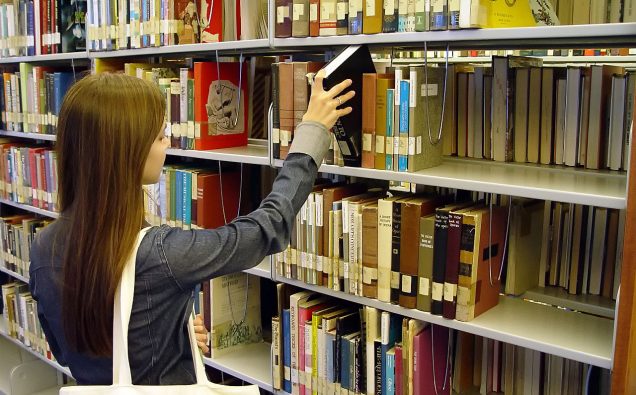
Literature is more than a collection of words organized into texts; it is a creative force capable of transforming individuals and society.
From ancient myths to contemporary narratives, literature offers a space for reflection, criticism and imagination, allowing readers to transport themselves to different realities and find inspiration for their own lives.
Literature as a mirror of existence
Read a piece of reconfirmation. The characters, their dreams, dilemmas and conquests reflect aspects of our own day. Great classics, such as “Dom Quixote”, by Miguel de Cervantes, or “Madame Bovary”, by Gustave Flaubert, show figures that are debated between dreams and reality, illustrating human contradictions.
This connection between the text and the reader makes literature so powerful: once we read a story, we don’t barely know anything else lives, but we also understand each other better.
Imagination as a source of inspiration
Literature has the power to expand the horizons of the imagination. When we read a poem, a romance, we are challenged to view the world with new perspectives.
Writers like Gabriel García Márquez, with his magical realism, and Guimarães Rosa, with his linguistic experimentation, show how words can create worlds where the impossible becomes plausible.
Another example that deserves to be highlighted: Jostein Gaarder, with his work Sophie’s World”, he shows through an engaging narrative an effective method of teaching the history of philosophy.
These literary experiences stimulate creativity and make us realize that reality can be reinvented.
A word like a revolution
In addition to inspiring individuals, literature has the power to transform collectively.
Many revolutions and social changes have been driven by books that challenged the status quo.
Works such as George Orwell’s “1984” or Harper Lee’s “To Kill a Mockingbird” have exposed injustices and helped shape the critical thinking of generations.
Literature not only tells stories, but also questions systems, provokes debate and gives voice to the marginalized.
Writing: An act of expression and freedom
Just like reading, writing is also a powerful form of inspiration. Many writers We find ourselves trying to find a way to make sense of the world and its own emotions.
Clarice Lispector, for example, explores subjectivity and the dilemmas of existence through a unique and sensory language. Writing allows the individual to express themselves, organize thoughts and left their mark on history.
Conclusion
Literature is an invitation to imagination, thought and transformation. It inspires us to feel, dream, question and act.
Whether as readers or writers, we find in words a refuge, a mirror and an instrument of change.
In a fast-paced world, where there is often no time for reflection, literature reminds us of the importance of pausing, immersing ourselves in stories and finding inspiration to live in a deeper and more meaningful way.

Writer Valda Fogaca













